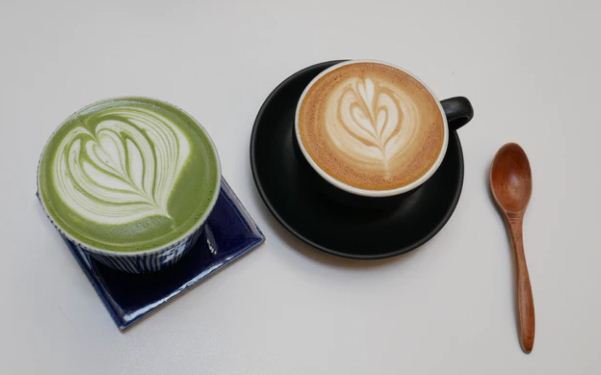Lost in the world of coffee? Well, it is not easy to find your way in the labyrinth of hundreds of coffee terminologies if you do not know how to decode them.
You must learn the language first not because you want to emerge as some sort of expert, just because you will better enjoy your cuppa if you know the answers to all your coffee queries.
So let’s have some coffee-talks to give you an insight into the exciting world of coffee focusing on such aspects as its origin, various types, processing, and consumption style worldwide.
Aroma: It is precisely the fragrance of coffee beans that commonly range from sweet floral type like jasmine to strong spicy type like orange.
Body: this relates to the weight and texture of the drink as you feel it in your mouth. The body is referred to by such describing words as thin, heavy, mild, and above all, full.
Acidity: It relates to the smoky flavor that a strong coffee is all about. In fact, an acidic coffee is often described by this word, strong.
Acidity is regarded as a good quality of coffee which renders it a sharp taste. Depending on the level of acidity, a cup of coffee is described by such terms as mellow or rough, soft or bland, delicate or dead, and so on.
Blend: As the word suggests, the term refers to the mixing style of two or more varieties of roasted coffee.
Often different roast types-light or darker- are also mixed to bring about a balanced and more exhilarating taste. In the leading coffee stores, you can get different types of house” blends.
Flavor: While we sip the coffee our taste buds feel a specific kind of sensation and our olfactory system receives a particular aroma.
This combination of a distinctive aroma and the taste gives us different levels of gourmet satisfaction.
This conjures up the flavor of coffee and the terms relating to flavor range from rich, chocolaty, fruity, smoky and caramelly to spicy, and so on.
Green Beans: it refers to the un-roasted coffee beans, in their raw forms.
Barista: it refers to a person who has received formal training in the art of espresso preparation.
However, the scope of this term has broadened to include all persons who are good at espresso-making, no matter if they are trained or not.
Arabica: This variety of coffee beans contain maximum flavor and are used to produce fine quality, gourmet coffees.
Robusta: It is inferior in quality in comparison to Arabica. It is rare to find Robusta entirely in its raw form.
It is mainly used to produce inexpensive blends to be sold as canned and instant coffee. The caffeine content in it is almost twice the of Arabica.
Espresso: It refers to a form of coffee, where steam is drawn through ground coffee under pressure.
The method is meant to bring out the heart of the coffee flavor as quickly as possible. In this coffee, especially roasted, finely ground Arabica beans are used and create a rich and concentrated beverage.
It’s used as a base for a variety of delicious coffee drinks such as cappuccinos and lattes.
Cappuccino: It is a delicious beverage prepared with a shot of espresso and equal parts of steamed and foamed milk.
The steamed milk is swirled onto the espresso, while the creamy foam is added to the top. The traditional ratio of preparing Cappuccino is 1/3 espresso, 1/3 steamed milk, 1/3 foamed milk.
Americano: It is a kind of espresso coffee made with one shot of espresso mixed with a cup of hot water.
latte: It is also an espresso beverage that is prepared with a shot of espresso in a cup of steamed milk, maintaining a ratio of 1/3 espresso and 2/3 steamed milk.
Macchiato: This is made with a shot of espresso with just a dash of steamed or foamed milk on top.
The deeper you delve into the world of coffee, the more coffee terminologies you will encounter. Now that you are equipped with the basic terms associated with coffee, you will be able to better appreciate this wonderful drink.

